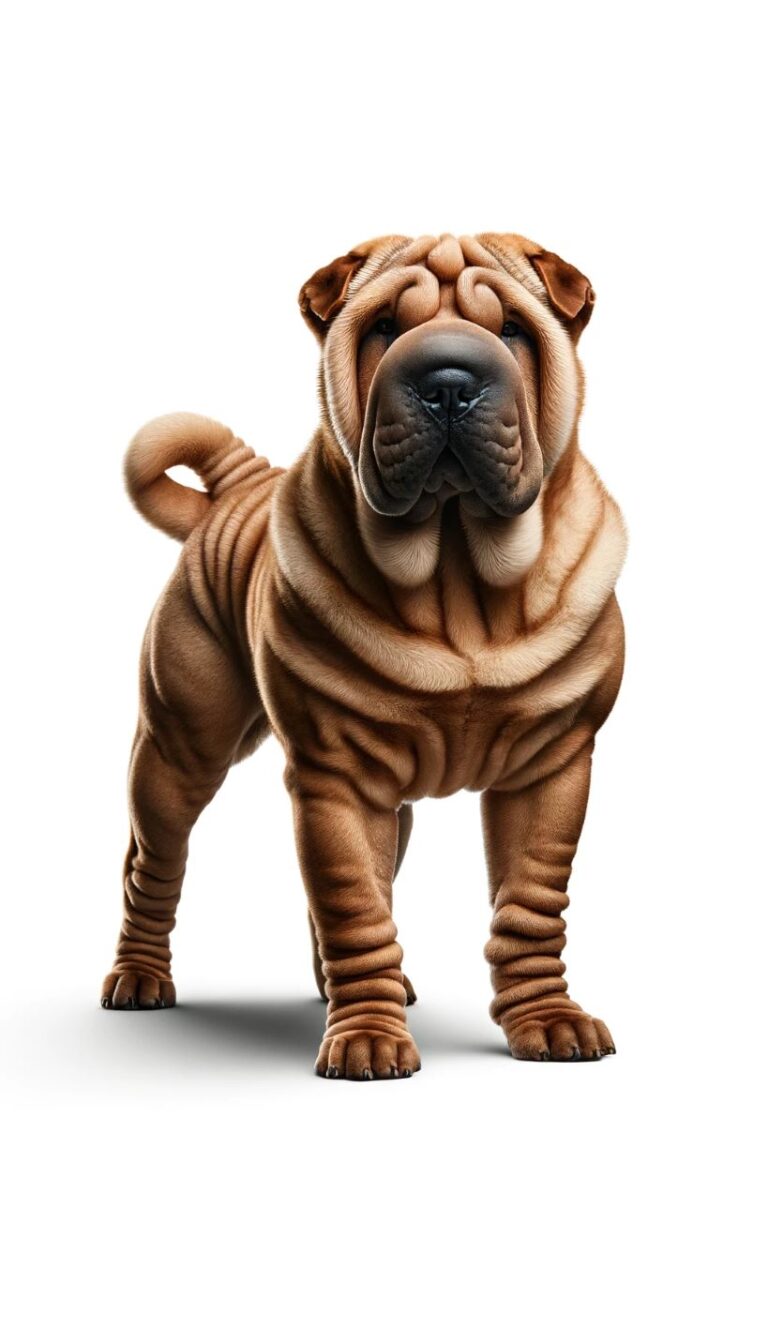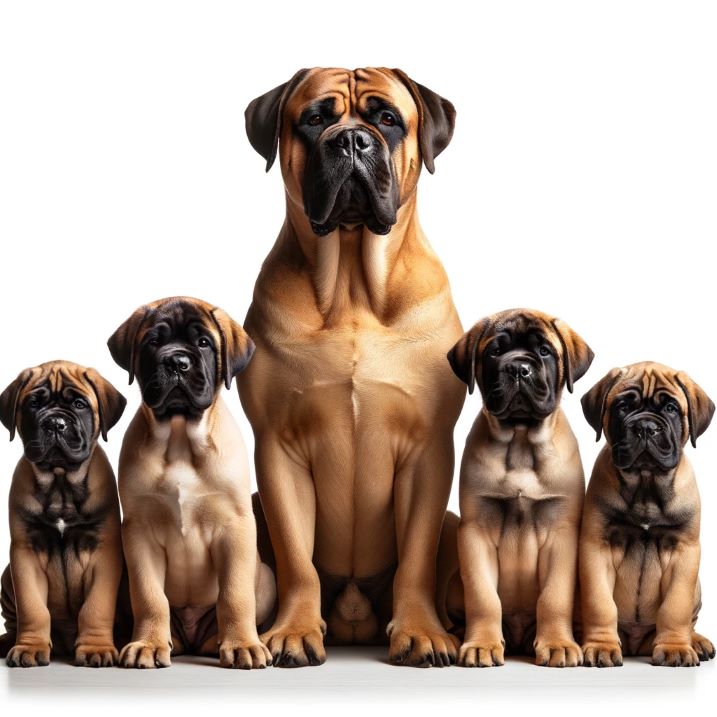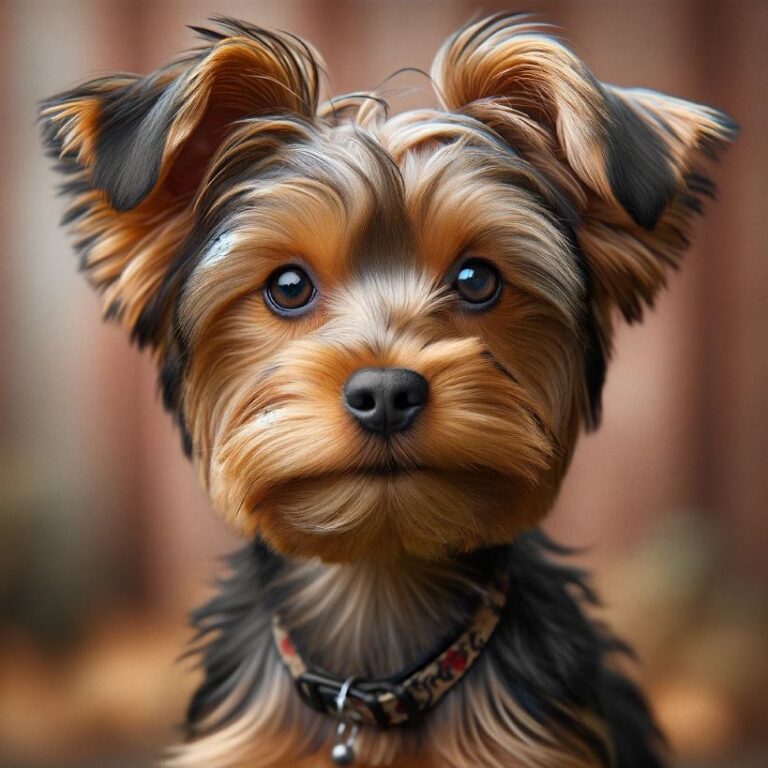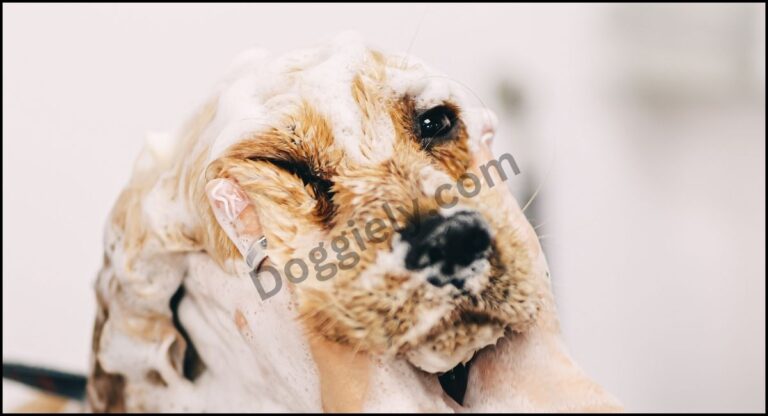mini bernese mountain dog: all you’ll love know
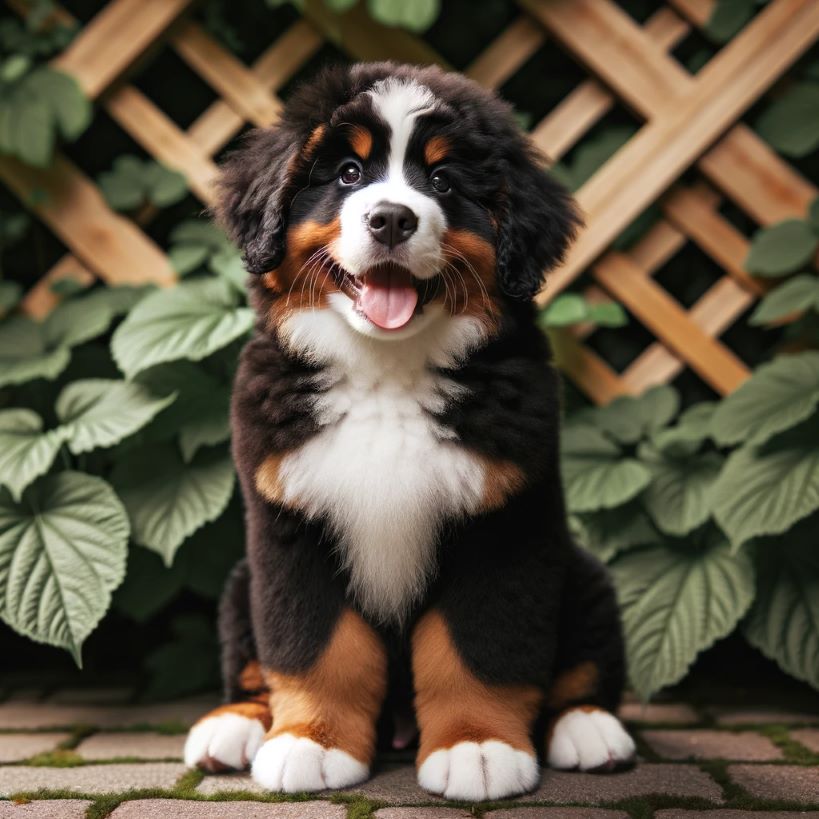
Mini Bernese Mountain Dogs, often referred to as Mini Berners or Miniature Bernese Mountain Dogs, are the adorable and compact versions of their larger counterparts. These charming canines combine the iconic Bernese Mountain Dog temperament with a more manageable size, making them ideal companions for a variety of living situations. In this comprehensive article, we will explore everything you need to know about the Mini Bernese Mountain Dog, from their history and characteristics to their care requirements and popularity.
The Origin of the Mini Bernese Mountain Dog:
A Brief History:
The Mini Bernese Mountain Dog, as we know it today, is a result of a careful breeding process that aimed to retain the desirable traits of the Bernese Mountain Dog while reducing their size. The Bernese Mountain Dog, originally from Switzerland, was traditionally used as a working dog on Swiss farms. These dogs were valued for their strength, intelligence, and gentle disposition.
The downsizing of Bernese Mountain Dogs began as a response to the increasing demand for smaller dog breeds that could comfortably fit into urban living spaces. Breeders sought to create a more compact version while preserving the original breed’s personality and appearance.
The Crossbreeding Process:
Mini Bernese Mountain Dogs are typically achieved through crossbreeding with smaller dog breeds. Commonly, breeders use breeds like the Cavalier King Charles Spaniel or the Miniature Poodle to reduce the size while maintaining the Bernese Mountain Dog’s distinctive tri-color coat and temperament.
It’s important to note that crossbreeding should always be done responsibly by reputable breeders who prioritize the health and well-being of the dogs. Unethical breeding practices can result in health issues and temperament problems. Therefore, potential Mini Bernese Mountain Dog owners should always research breeders thoroughly and ask about their breeding practices.

Physical Characteristics of Mini Bernese Mountain Dogs:
Size and Weight:
One of the most appealing aspects of Mini Bernese Mountain Dogs is their size. While their full-sized counterparts can reach heights of 23 to 27 inches and weigh between 70 to 115 pounds, Mini Berners are much smaller. On average, they stand between 12 to 17 inches tall at the shoulder and weigh between 25 to 50 pounds.
Despite their reduced size, Mini Bernese Mountain Dogs still maintain a sturdy and well-proportioned appearance, resembling their larger relatives. Their physique is marked by a robust build and a strong bone structure, making them both athletic and agile.
Coat and Color:
Mini Bernese Mountain Dogs boast the same striking tri-color coat that is a hallmark of the breed. Their coat is long, silky, and features a combination of black, white, and rust-colored markings. The black base color is typically accompanied by white on the chest, paws, and face, while the rust accents appear over their eyes, on their cheeks, and as patches on their legs and chest.
This gorgeous coat not only adds to their visual appeal but also requires regular grooming to keep it healthy and free from tangles or mats. Proper grooming will be discussed in more detail in a later section.
Personality Traits and Temperament:
Loving and Affectionate Nature:
Mini Bernese Mountain Dogs are known for their warm and loving personalities. They are highly affectionate dogs that thrive on human companionship and affection. These little canines form strong bonds with their owners and are often described as loyal and devoted.
Their affectionate nature makes them excellent family pets, as they are more than willing to shower their human family members with love and attention. They are also known to be particularly gentle with children, making them great playmates and protectors for kids of all ages.
Intelligence and Trainability:
Mini Bernese Mountain Dogs are intelligent and eager to please, which makes them relatively easy to train. They learn quickly and respond well to positive reinforcement training methods. This breed is known for excelling in obedience training and can be taught a wide range of commands and tricks.
However, it’s important to start training and socialization early in their development to ensure they grow into well-behaved and well-adjusted adult dogs. Consistency, patience, and positive reinforcement are key to successfully training your Mini Berner.
Social Behavior:
These dogs are generally sociable and enjoy the company of both humans and other animals. Proper socialization from a young age is crucial to ensure they are well-adjusted and comfortable in various social settings. Exposing them to different people, animals, and environments helps prevent shyness or fearfulness.
Mini Bernese Mountain Dogs may display some protective instincts, especially when it comes to their family. This makes them excellent watchdogs, as they will alert you to any potential intruders. However, they are not known to be aggressive and should not be used as guard dogs.
Mini Bernese Mountain Dogs as Family Pets:
Compatibility with Children:
Mini Bernese Mountain Dogs are exceptional family pets and are known for their compatibility with children. Their gentle and loving nature makes them patient and tolerant with kids, even during active playtime. They often form strong bonds with children in the family, becoming their loyal companions and protectors.
When introducing a Mini Berner to a household with children, it’s important to teach both the dog and the children how to interact respectfully. Always supervise interactions between dogs and young children to ensure safety for all parties involved.
Interaction with Other Pets:
These dogs tend to get along well with other pets in the household, including cats and smaller dogs. However, early socialization is essential to ensure harmonious relationships. If you already have pets at home, it’s a good idea to introduce them to your Mini Bernese Mountain Dog gradually and under supervision until they become accustomed to each other.
With the right introductions and positive experiences, Mini Berners can coexist peacefully with other animals, creating a harmonious and loving home environment.
Caring for Your Mini Bernese Mountain Dog:
Caring for a Mini Bernese Mountain Dog involves meeting their physical and emotional needs. Here are some essential aspects of their care:
Exercise Needs:
Despite their smaller size, Mini Bernese Mountain Dogs are still active and
require regular exercise to stay happy and healthy. Daily exercise is essential to prevent boredom and maintain their physical well-being. A combination of playtime, walks, and mental stimulation is recommended. Aim for at least 30 minutes to an hour of exercise every day, depending on the dog’s age and energy level.
Mini Berners enjoy outdoor activities, such as playing fetch, going for hikes, or participating in dog sports like agility. These activities not only keep them physically fit but also provide mental stimulation, which is vital for their intelligent minds.
Grooming Requirements:
The beautiful, long coat of a Mini Bernese Mountain Dog requires regular grooming to keep it in top condition. Brush your dog’s coat at least a few times a week to prevent mats and tangles. Pay special attention to areas prone to matting, such as behind the ears and around the neck.
Baths should be given as needed, typically every 6 to 8 weeks or when your dog gets dirty. Be sure to use a gentle dog shampoo to maintain the coat’s shine and prevent skin irritations.
Trimming your Mini Berner’s nails is essential to prevent overgrowth, which can lead to discomfort and potential health issues. Regular dental care, including brushing their teeth or providing dental chews, helps maintain their oral health.
Nutritional Guidelines:
Feeding your Mini Bernese Mountain Dog a well-balanced diet is crucial for their overall health and longevity. Consult with your veterinarian to determine the appropriate type and amount of food for your dog based on their age, size, and activity level.
It is generally recommended to feed them with High-quality commercial dog food that meets their nutritional needs. Be mindful of portion sizes to prevent overfeeding, as obesity can be a concern for smaller breeds.
Always provide fresh water and monitor their weight to ensure they maintain a healthy body condition. Some Mini Berners may have food allergies or sensitivities, so be attentive to any signs of digestive issues or skin problems and consult your veterinarian if necessary.
Common Health Issues:
While Mini Bernese Mountain Dogs are generally healthy, like all breeds, they can be prone to certain health issues. Some common health concerns to be aware of include:
- Hip and elbow dysplasia: A genetic condition that affects the joints and can cause pain and mobility issues.
- Bloat: A potentially life-threatening condition where the stomach twists on itself, cutting off blood supply.
- Cancer: Some Bernese Mountain Dogs are predisposed to certain types of cancer.
- Heart issues: Valvular disease and other heart problems can occur in some individuals.
Regular veterinary check-ups are essential to detect and address any health issues early. Responsible breeding practices can help reduce the risk of genetic health problems.
In addition to routine veterinary care, consider enrolling your Mini Berner in a pet health insurance plan to provide financial protection in case of unexpected medical expenses.

Training and Socialization:
Obedience Training:
Mini Bernese Mountain Dogs are intelligent and eager to please, making them relatively easy to train. Begin obedience training early in their puppyhood to establish good behavior patterns. Positive reinforcement methods, such as using treats and praise, work well with this breed.
Basic commands like sit, stay, and come are important for safety and control, especially when in public or around other dogs. Advanced training can include tricks, agility, and even therapy dog certification, as Mini Berners excel in various activities.
Socializing Your Mini Berner:
Proper socialization is crucial to ensure that your Mini Bernese Mountain Dog grows up to be well-adjusted and comfortable in various situations. Expose your puppy to different people, animals, environments, and experiences from a young age. This helps prevent shyness or fearfulness as they mature.
Enroll in puppy socialization classes to provide structured opportunities for your Mini Berner to interact with other dogs and people. Positive social experiences during their formative months will contribute to a confident and friendly adult dog.
The Popularity of Mini Bernese Mountain Dogs:
Celebrities and Mini Berners:
Mini Bernese Mountain Dogs have gained popularity not only among dog enthusiasts but also in the world of celebrities. Many well-known individuals have adopted Mini Berners as their beloved companions, further contributing to the breed’s popularity.
Social media has played a significant role in showcasing these charming dogs, with numerous Mini Bernese Mountain Dog accounts amassing large followings on platforms like Instagram. Their adorable appearances, loving personalities, and playful antics make them highly shareable and endearing to people worldwide.
Mini Bernese Mountain Dog Communities:
As the popularity of Mini Bernese Mountain Dogs continues to grow, online communities and forums dedicated to the breed have sprung up. These communities offer a platform for Mini Berner owners and enthusiasts to share experiences, exchange advice, and celebrate their beloved dogs.
Additionally, breed-specific rescue organizations and Mini Bernese Mountain Dog clubs have formed to promote responsible breeding practices and ensure the well-being of these dogs. These groups work tirelessly to rescue and rehome Mini Berners in need and provide resources for prospective owners.
Adopting or Purchasing a Mini Bernese Mountain Dog:
Finding a Reputable Breeder:
If you are considering adding a Mini Bernese Mountain Dog to your family, it’s essential to do your research and find a reputable breeder. Here are some tips in finding a responsible breeder for Mini Bernese Mountain Dog:
- Ask for referrals from local veterinarians or Mini Bernese Mountain Dog clubs.
- Visit the breeder’s facilities in person to assess cleanliness and the overall well-being of the dogs.
- Request health records and pedigree information for the puppy’s parents.
- Ensure the breeder conducts health screenings for common breed-specific issues.
- Inquire about the breeder’s socialization and training practices for their puppies.
Responsible breeders prioritize the health and happiness of their dogs and will be willing to answer your questions and provide information about their breeding practices.

Adoption and Rescue Options:
Another option for bringing a Mini Bernese Mountain Dog into your home is adoption. Many rescue organizations and shelters may have Mini Berners or Bernese Mountain Dog mixes available for adoption. By adopting, you provide a loving home to a dog in need and help reduce the demand for breeding.
Consider checking with breed-specific rescue organizations or using reputable adoption websites to find Mini Bernese Mountain Dogs available for adoption in your area. Adoption is a fulfilling way to provide a forever home to a dog in need.
Cost of Owning a Mini Bernese Mountain Dog in the united state:
Here is a table analyzing the estimated cost of owning a Mini Bernese Mountain Dog in the United States:
| Expense Category | Estimated Cost ($) |
|---|---|
| Initial Cost (Puppy Purchase) | 800 – 2000 |
| Veterinary Care (Initial) | 70 – 200 |
| Spaying/Neutering | 200 – 600 |
| Routine Veterinary Visits (Yearly) | 45 – 200 |
| Vaccinations | 75 – 200 |
| Flea, Tick, and Heartworm Prevention | 120 – 300 |
| Food and Treats | 600 – 1200 |
| Grooming | 30 – 500 |
| Training | 50 – 500 |
| Dog Bed and Crate | 50 – 200 |
| Toys and Accessories | 30 – 150 |
| Pet Insurance (Monthly) | 30 – 70 |
| Emergency Veterinary Care | 200 – 4000 |
| Miscellaneous Expenses | 100 – 300 |
These estimates can vary depending on specific circumstances such as location, the dog’s health, and personal choices in dog care and lifestyle.
Conclusion:
In conclusion, Mini Bernese Mountain Dogs are captivating and endearing companions that offer the charm and personality of their larger relatives in a more compact package. With their loving nature, intelligence, and suitability for various living environments, Mini Berners make fantastic family pets for those who appreciate their unique qualities.
Remember that responsible ownership involves proper care, socialization, and training to ensure your Mini Bernese Mountain Dog thrives. Whether you choose to purchase from a reputable breeder or adopt from a rescue organization, providing a loving and nurturing home is the most important factor in your Mini Berner’s happiness and well-being.
By understanding the characteristics and needs of Mini Bernese Mountain Dogs, you can make an informed decision and enjoy a fulfilling and loving relationship with your pint-sized Berner companion.
faq
What is a Mini Bernese Mountain Dog?
- The Mini Bernese Mountain Dog is a smaller version of the Bernese Mountain Dog, typically bred by crossing a Bernese Mountain Dog with a smaller breed like a Miniature Poodle or a Cavalier King Charles Spaniel.
How big will a mini Bernese Mountain Dog get?
- They generally weigh between 25 and 50 pounds and are smaller in stature compared to the standard Bernese Mountain Dog.
What is mini bernese mountain dog lifespan?
- They often live longer than their larger counterparts, with a lifespan of approximately 12-15 years.
What is the best food for bernese mountain dog?
The best food for a Bernese Mountain Dog should be high-quality, balanced, and appropriate for their age, size, and activity level. Look for foods with high-quality protein sources, essential fatty acids, limited fillers, and tailored for large breed nutritional needs to support joint health and maintain healthy weight.
Is there a miniature version of the Bernese Mountain Dog?
– Yes, there is a miniature version of the Bernese Mountain Dog, typically created by breeding with smaller dogs like Miniature Poodles.
Can they tolerate cold weather?
– Like the Bernese Mountain Dog, they generally enjoy and tolerate cold weather well.
Are Mini Bernese Mountain Dogs prone to separation anxiety?
– They can be prone to separation anxiety if left alone for extended periods, so regular companionship is important.
Do they bark a lot?
– They are not known for being excessive barkers, making them suitable for various living situations.
What activities do they enjoy?
– They enjoy activities like walking, playing fetch, light hiking, and participating in obedience or agility training.
Can they be service or therapy dogs?
– Their gentle temperament makes them suitable candidates for therapy or emotional support roles.
Are they a good choice for first-time dog owners?
– Yes, their friendly nature and trainability make them a good option for first-time dog owners.
Do Mini Bernese Mountain Dogs shed a lot?
- They can be lower shedding compared to the Bernese Mountain Dog, especially if they inherit more from a non-shedding breed like the Poodle.
Are mini Bernese mountain dogs hypoallergenic??
- Mini Bernese Mountain Dogs are not hypoallergenic, despite being mixed with breeds like the Miniature Poodle that may have non-shedding coats.
What are common health issues in Mini Bernese Mountain Dogs?
- While generally healthier, they can still be prone to some genetic health issues such as hip dysplasia, eye problems, and certain heart conditions.
Are mini Bernese mountain dogs good with kids?
- Yes, mini Bernese Mountain Dogs are known to be good with kids, inheriting a gentle and friendly disposition from the Bernese side.
Is the Mini Bernese Mountain Dog a recognized breed?
– As a mixed breed, they are not recognized by major kennel clubs like the AKC, but they are recognized by some organizations dedicated to mixed breed dogs.
Are they suitable for apartment living?
– Yes, due to their smaller size and moderate energy levels, they can adapt well to apartment living, provided they get regular exercise.
related posts
Read more: Best Dog Beds for Hairy dogs that Shed
Read more: How to Stop My Dog Barking When Out Walking?
Read more: How to Train a Stubborn Dog With These Simple Steps
